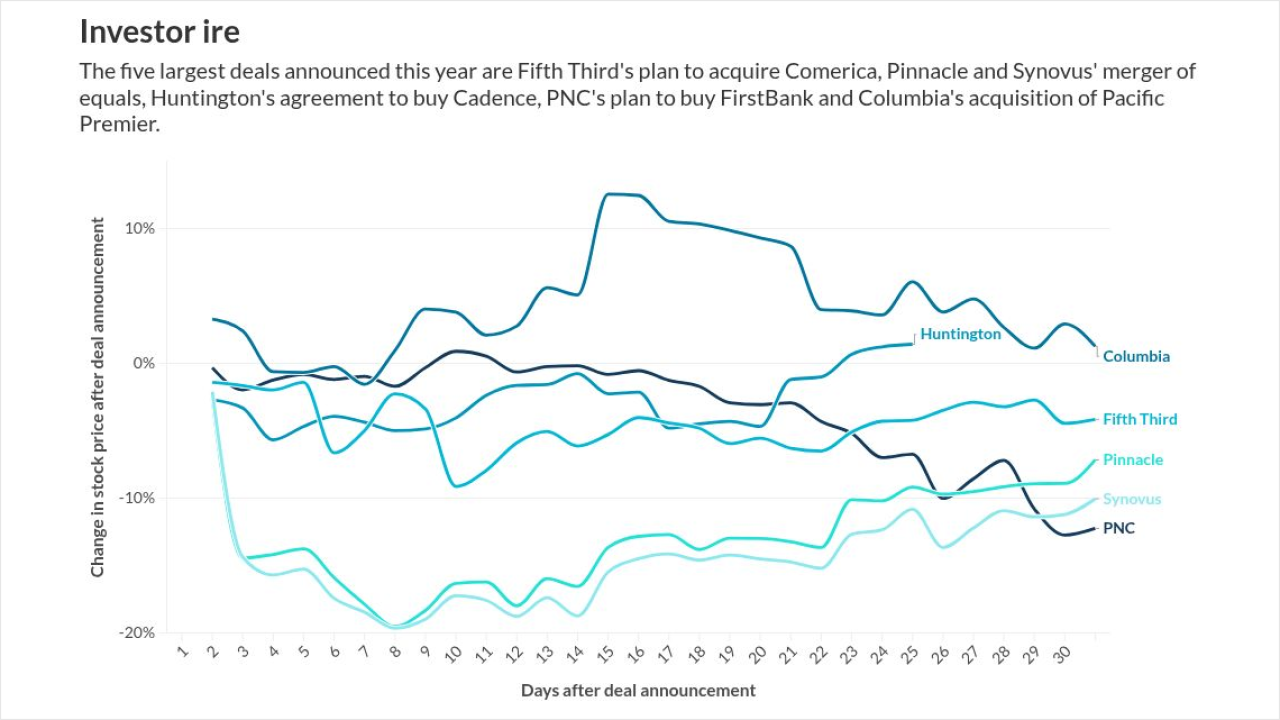
The Federal Reserve has released the first group of participants in its much-anticipated FedNow real-time payment service, which is set to launch in late July.
There are 57 organizations on the Fed's early adopter list, though the roster includes several large banks and technology vendors that service thousands of institutions, creating an addressable market of millions of consumers and the potential for much broader adoption in the future.
The banks include JPMorgan Chase, BNY Mellon, Wells Fargo and U.S. Bancorp, and dozens of community and regional banks and credit unions. Service providers include FIS and Fiserv, which have thousands of financial institution clients.
The inclusion of large banks demonstrates a migration toward support for FedNow, since many large banks
The banks and technology firms on the Fed's early adopter list completed formal testing and certification on the FedNow service, and will be live at launch or "shortly after," according to a release from the Federal Reserve.
FedNow's pilot
While the bank technology vendors have large client rosters, their participation does not automatically mean all of these clients will be onboarded in the short-term. Adoption could take a year or more as banks consider real-time settlement options.
In an
Banks could delay turning FedNow on immediately while they are still exploring use cases for instant settlement or while they decide what kinds of payments really need to settle instantly before executing the technology upgrades, according to Daswani.
Joshua Siegel, a partner specializing in payments and banking at Capco, said his firm has noticed broad interest in FedNow, though smaller banks with fewer resources may be more cautious.
The Clearing House's RTP network has existed for about six years and has about 400 members covering about 70% of the country's accounts. FedNow is positioned as a public option that's designed to contain costs. At launch, payment fees are similar. Both RTP and FedNow charge $0.045 per payment, and FedNow has a lower transaction limit of $500,000, compared to RTP's limit of $1 million. There are other costs that could lead banks to incrementally add real-time payments or limit its use.
FedNow and RTP are






